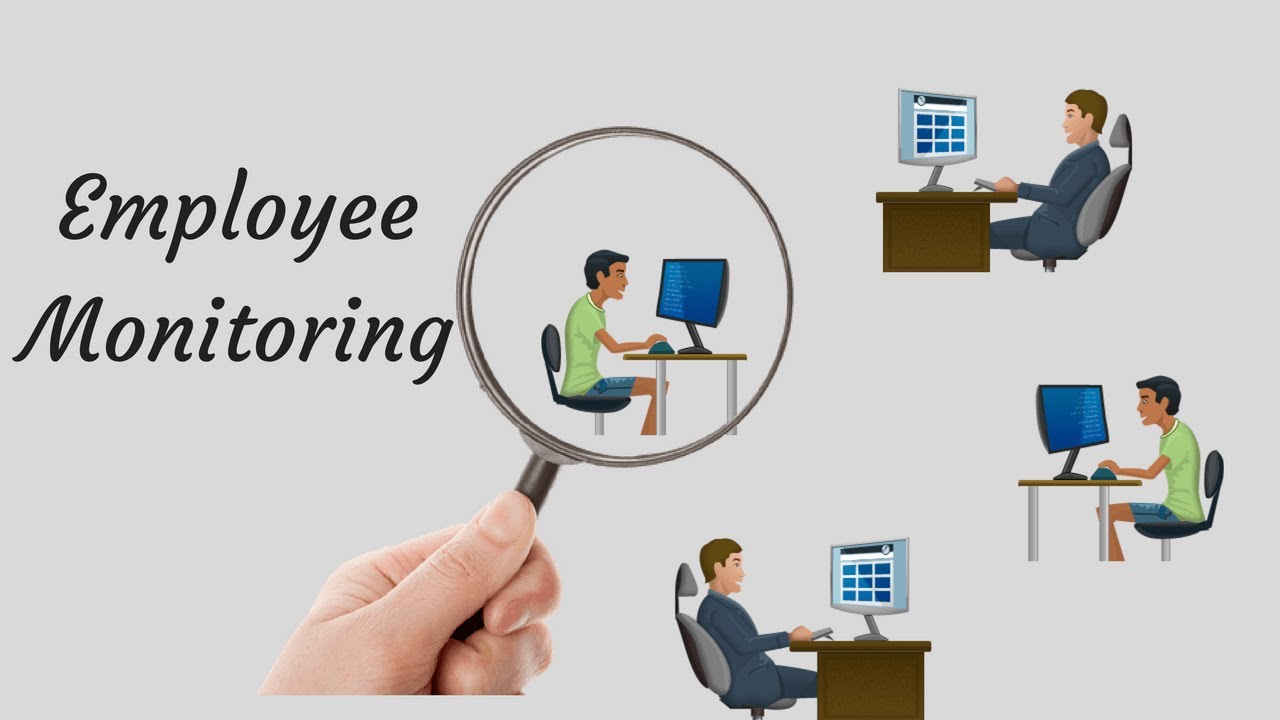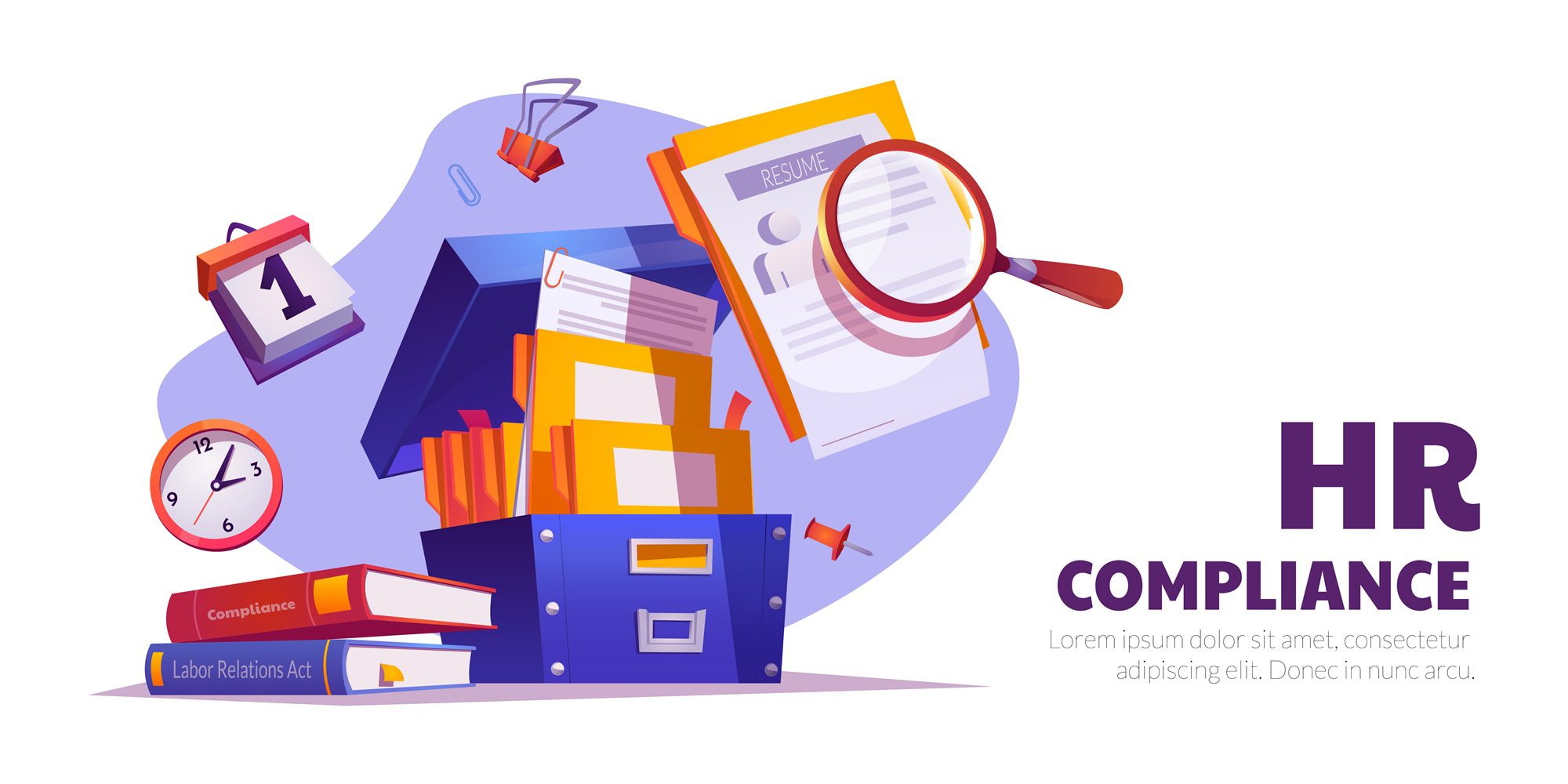
Digital marketing is essential for keeping your business competitive. From SEO and Google Ads to social media marketing and content marketing, a well-rounded digital strategy can make the difference between thriving and just surviving.
For many businesses, partnering with a digital marketing agency in Australia is the most effective way to achieve these goals. But working with an agency requires careful planning, clear communication, and a strong understanding of your objectives. Here’s a practical guide to ensure you get the most out of your digital marketing partnership.
Contents
Understanding Your Needs
Before approaching an agency, it’s crucial to define your marketing goals. Are you looking to increase website traffic, generate leads, improve brand awareness, or drive sales online? Each goal may require a different mix of services.
For example, if your priority is visibility on Google, an agency with strong SEO expertise will be essential. If your business thrives on social media engagement, you’ll want a team experienced in content creation, community management, and paid social campaigns. Having a clear understanding of your needs will make it easier to evaluate agencies and choose a partner aligned with your objectives.
Choosing the Right Agency
Australia’s digital marketing landscape is diverse, and agencies range from boutique studios specialising in niche industries to large firms offering full-service marketing solutions. When evaluating agencies, consider:
- Experience: Check if they have worked with businesses in your industry and understand local market trends.
- Services Offered: Ensure the agency provides the specific services you need, whether it’s SEO, PPC, social media, or a complete digital strategy.
- Case Studies and Testimonials: Review their track record to see measurable results from past campaigns.
- Transparency: A good agency should clearly communicate their strategies, reporting methods, and pricing structure.
Remember, the cheapest option isn’t always the best. Value comes from results, not just cost savings.
Setting Clear Expectations
Once you’ve chosen an agency, set clear expectations from the outset. This includes defining project timelines, deliverables, reporting frequency, and KPIs (key performance indicators). A strong contract outlining these details can prevent misunderstandings later.
Regular communication is critical. Schedule monthly or quarterly meetings to review performance, discuss new opportunities, and adjust strategies. Many agencies use project management tools to keep clients updated, which makes collaboration smoother and more transparent.
Collaborating Effectively
Working with a digital marketing agency is a partnership. Your input is essential in providing brand guidelines, access to existing digital assets, and insights into your target audience. Make sure to:
- Share your vision: Explain your brand’s values, tone of voice, and goals clearly.
- Be responsive: Timely feedback helps campaigns stay on track.
- Trust their expertise: Agencies bring specialist knowledge and experience. While your input is valuable, allowing the agency to apply their expertise often leads to better results.
Collaboration also means embracing data-driven decision-making. Agencies track campaign performance through analytics, and their recommendations should be based on measurable outcomes, not assumptions.
Measuring Success
Digital marketing is highly measurable, which is one of its biggest advantages. Work with your agency to define KPIs such as website traffic growth, conversion rates, cost per lead, or social media engagement.
Regular reporting helps you see what’s working and what isn’t, enabling you to adjust strategies accordingly for better results.
Common Pitfalls to Avoid
Even experienced businesses can encounter challenges when working with agencies. Some common pitfalls include:
- Unrealistic expectations: Results often take time, particularly for SEO or content marketing campaigns.
- Poor communication: Lack of updates or delayed feedback can hinder campaign effectiveness.
- Focusing on vanity metrics: High social media likes or impressions don’t always translate into sales. Prioritise metrics that align with your business goals.
Avoiding these pitfalls ensures your partnership remains productive and focused on growth.
Conclusion
Partnering with a digital marketing agency in Australia can unlock significant growth opportunities, but success depends on careful planning, clear communication, and ongoing collaboration.
Through defining your goals, choosing the right agency, setting expectations, and tracking performance, you can maximise the value of your investment and achieve meaningful results.









